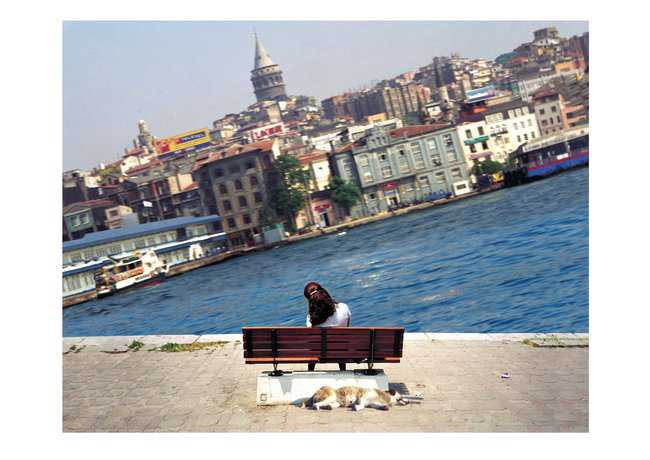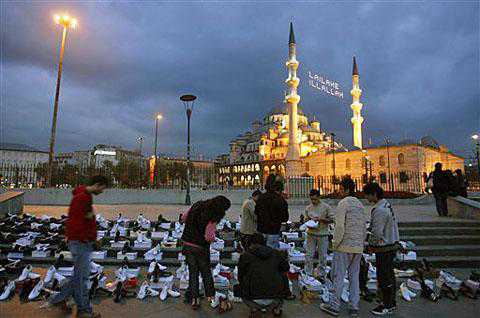Under the guidance of the ruling Justice and Development Party (AKP), Turkey completely abolished the death penalty in 2004, one of several reforms enacted with an eye towards meeting the criteria required for joining the European Union. So what to make of the suggestions made recently by the AKP’s leader, Prime Minister Recep Tayyip Erdogan, that Turkey should consider reintroducing capital punishment?
First, the background. Erdogan got the debate going earlier this month when he told an annual gathering of AKP members that, in response to recent upsurge in attacks against Turkish forces by the outlawed Kurdistan Workers’ Party (PKK), public opinion now supports reintroducing the death penalty. Soon after, Erdogan told a crowd in Ankara, “In the face of deaths, murders, if necessary the death penalty should be brought back to the table (for discussion).” While Turkey’s Minister of Justice has said that there are no plans to bring the death penalty back, the fact that Erdogan — Turkey’s most powerful politician — has brought up the issue, was enough to raise concern among many Turks and some European politicians.
While Erdogan may only be bluffing as a way of looking tough in the face of mounting violence on the Kurdish front, what lies beneath his death penalty talk is worrying. For one, Erdogan’s remarks show that Turkey EU-inspired reform drive is not only fatigued but also in danger of backsliding. Granted, Ankara has few reasons to believe that a membership in the EU is in the cards right now, but AKP leaders have always promised that they would pursue a reform-minded agenda even without a push from Brussels. Erdogan’s talk of bringing back the death penalty raises the question of what other unsavory policies may be brought back to life as the conflict with the Kurds heats up.
The death penalty debate also confirms Erdogan’s move towards the nationalist right as he positions himself for the 2014 presidential elections. Erdogan’s wish to become Turkey’s next president is well known, but it appears that he has decided that talking tough at a time when there is increasing anger among Turks — most of whom are center-right on the political spectrum — about the growing number of PKK attacks is the best way for him to win the presidential election.
Finally, the Prime Minister’s suggestion that capital punishment be reintroduced is another indication that we can expect more trouble, rather than reconciliation, on the Kurdish front. Although some analysts have suggested that Erdogan’s tough talk is being done in order for him to appear strong in the eyes of Turkey’s nationalists, which would give the PM some room to negotiate with the PKK, it appears that his death penalty remarks have only worked to reinforce a sense among Kurds that Ankara is backsliding on the Kurdish issue. In an interview with the Bianet website, Necdet Ipekyuz, a Kurdish civil society leader in the southeastern Turkish city of Diyarbakir, offers his view on how the renewed death penalty debate is being viewed by Kurds:
The debate is a source of anxiety for Kurds. It almost turns into a blackmail. If we want peace, we shouldn’t even debate on death penalty.
Most Kurds feel like they might the next person on the row. There shouldn’t be any more executions in this country. We suffered long enough, lost even our prime ministers. When we look back, no one seems to approve these executions now.
PM Erdogan’s speeches are highly influential. This influence isn’t always positive. Politicians should follow common sense.
via Turkey: Death Penalty Politics | EurasiaNet.org.


